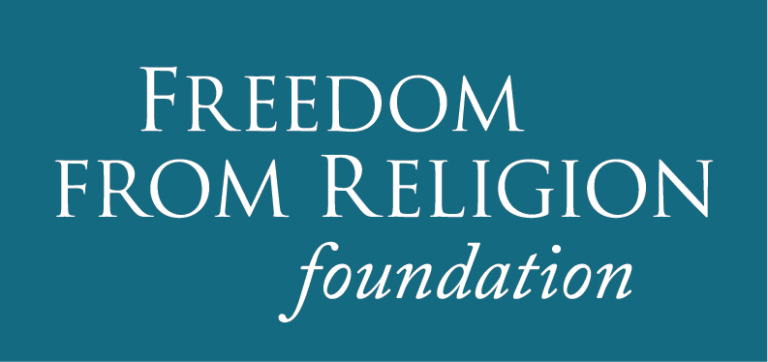Reflections on Fundamentalism in Public Life: Insights from Stephanie Salter
By Stephanie Salter, Assistant Editor at Terre Haute Tribune-Star
Introduction to a Cultural Transition
Upon moving from San Francisco to Indiana, Stephanie Salter, a seasoned journalist, has been struck by the stark cultural differences, particularly regarding the prevalence of right-wing, fundamentalist Christianity. With almost three decades of experience in the liberal epicenter of the Bay Area, her relocation has prompted an ongoing exploration of how these beliefs shape public life in her hometown.
Observations on Local Governance
Salter highlights her growing concern over the way fundamentalist Christians influence local governance, suggesting that their motivations often overshadow the principle of church-state separation. She explains that while religious ideologies are appropriate in personal spaces, they should not dictate public policy.
The “Jesus, as Baseball Bat” Mentality
Salter describes a segment of the population she refers to as the “Jesus, as baseball bat people.” For these individuals, Christianity is often wielded as a weapon against perceived adversaries, effectively marginalizing anyone who does not align with their worldview—be they atheists, agnostics, or progressive believers. This mentality creates tension within communities, fueling further division.
Case Study: The Controversial Cross Erection
In 2006, the construction of a towering 50-foot cross by the Cross Tabernacle sparked significant debate in Salter’s community. The local zoning board classified the structure as an accessory building, allowing it to surpass standard height restrictions. Salter critiques this decision, arguing that it posed questions about fairness and equality under municipal regulations.
‘What if residents sought similar variances for secular symbols?’ she ponders. The eventual approval of the cross, which many found overwhelmingly large and garish, highlighted the problematic nature of preferential treatment afforded to religious entities over non-religious ones.
Community Responses and Public Sentiment
The community’s response to the cross was mixed, with many residents voicing objections to its size and prominence. Among those impacted were local business owners, like Lois Dowell, who felt alienated as their criticisms labeled them ‘bad Christians.’ Salter’s reporting underscores how local sentiments can lead to social ostracization for those who disagree with the dominant narrative.
Faith, Identity, and the Need for Discourse
Salter advocates for a more nuanced understanding of faith that values personal beliefs without imposing them on others. In her view, public expressions of faith should not equate to legislated morality. She emphasizes the importance of maintaining a discourse that respects diverse viewpoints, even amidst fervent opposition.
Conclusion: Embracing Dialogue in a Divided Climate
Stephanie Salter continues to navigate her new environment with a critical eye, championing the principles of the First Amendment while encouraging dialogue around contentious issues. Her experiences highlight the complexities of living amid competing cultural narratives, advocating for a society that can accommodate varied beliefs without compromising civil liberties.



